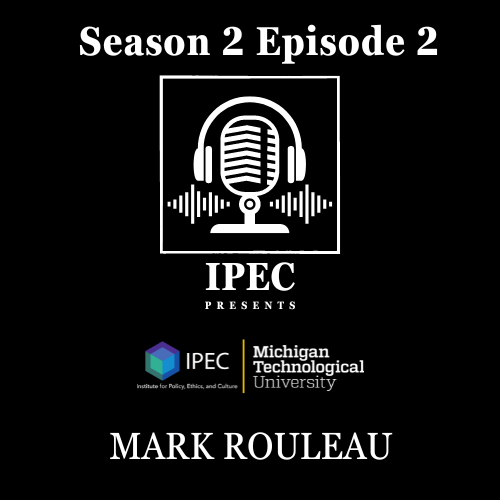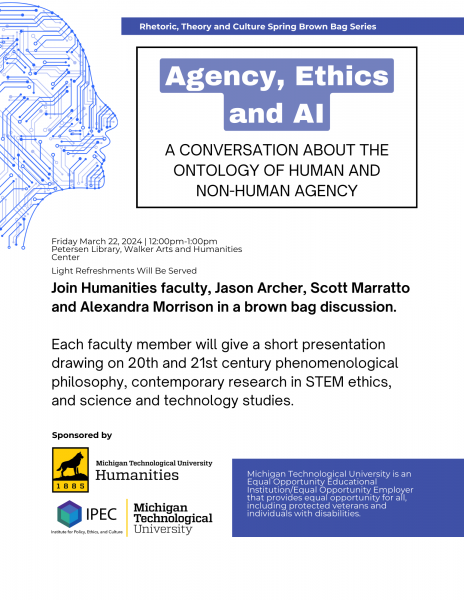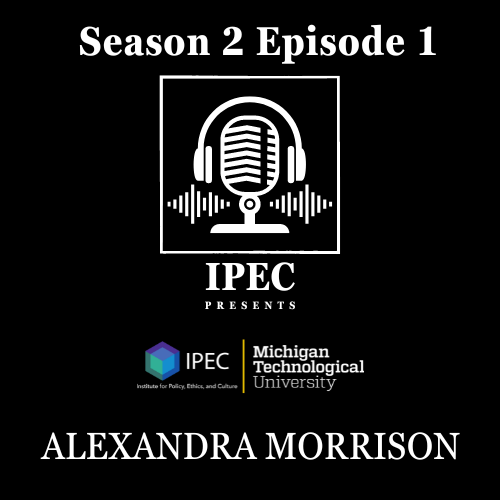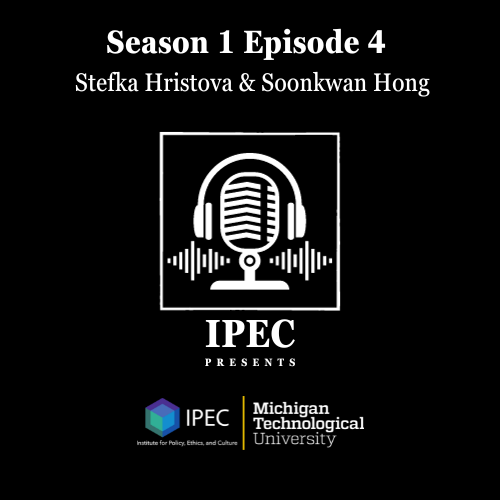IPEC’s seed funding applications for both faculty and graduate students close on April 12, 2024.
Description: Small Grants are available to Michigan Tech Graduate Students to conduct preliminary research in areas that intersect with Policy, Ethics, and Culture, including but not limited to (1) Social Media and Society; (2) Human Machine Culture; (3) Justice and Security in Energy Transitions; (4) Ethics in STEM; and (5) Algorithmic Culture. Funds can be used for hourly pay, conference travel, or travel to collect data and access primary sources.
Contact: If you have any questions about whether or not your research project fits with IPEC’s research scope, reach out to IPEC’s Associate Director Soonkwan Hong at shong2@mtu.edu.





